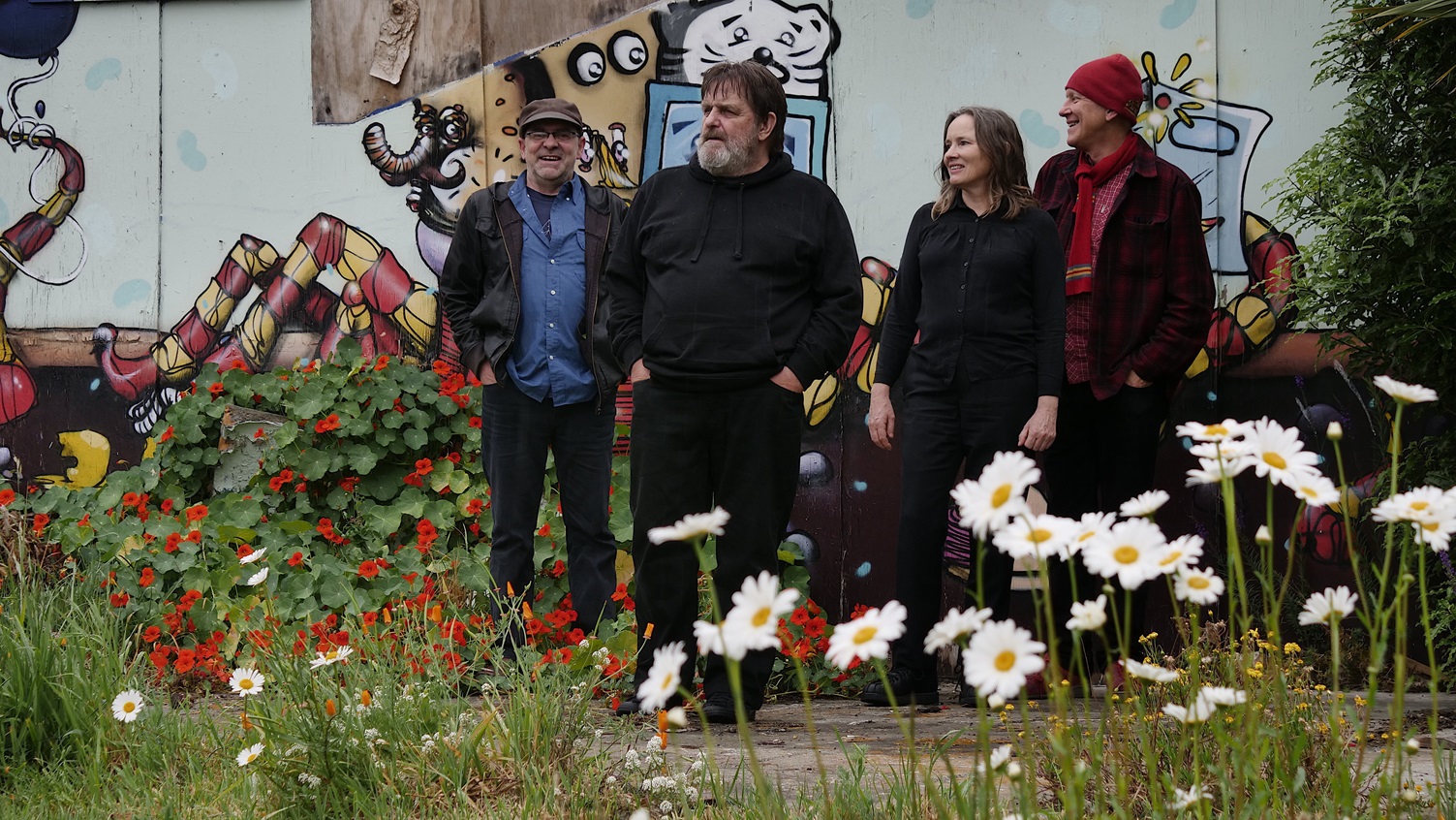
If love is a verb, then there might be better ways to love music — and the artists who make it — than streaming it on Spotify.
Over the past few weeks, a number of national and international artists have announced that they are removing their music from Spotify, largely in protest over CEO Daniel Ek’s recent investment of over $NZ1 billion in weapons company Helsing.
A raft of independent national artists are making similar moves, including Tiki Taane and the Bats. This ethical stand is to be applauded, but it’s worth asking: what exactly are these artists giving up by leaving, and what does this tell us about our relationship to the music we love?
Let’s think about this from the perspective of an independent Kiwi musician: according to Spotify, there are about 12 million artists on the platform.
That’s already plenty of competition for listener attention. How might your music find its way to listeners?
Activities outside of the platform do play a role here: social media and live music do drive streaming behaviour to some extent.
Increasingly, though, the answer is through platform-created playlists or personalised algorithmic recommendation.
This is where the plot thickens: as a tech company, Spotify is in the business of maintaining engagement while reducing the cost of inputs.
One way in which it does this is through tailoring music to specific contexts.
In a 2025 investigation, Liz Pelly exposed the company’s "Perfect Fit Content" programme, which pushed cheaply licensed stock music to playlists targeted at specific occasions or activities.
Ever put on a "Dinner Table Jazz" playlist, and wondered who the musicians were? They may not be the independent jazz musicians you hoped to find yourself supporting.
Chances are, they may instead be anonymous session artists or producers, hired to churn out as much perfectly inoffensive music as possible for a flat rate, which, according to Pelly, is then licensed to the platform at a discount to fill playlists.
It is perhaps no surprise, then, that researchers note the increasing "backgrounding" of musical experiences via streaming.
But what happens when an independent artist’s work is played on streaming? Is their work reasonably compensated?
Despite Spotify paying out $US10b ($NZ17b) in royalties to rights holders last year, many artists are inclined to say "no".
For starters, any track with fewer than 1000 plays in a year no longer qualifies for royalty payments, as — owing to the tiny amount that each stream generates — the revenue won’t cover the bank fees or administration costs.
Beyond this, though, it is very common to hear streaming services’ royalty rates discussed in terms of how many fractions of a cent they pay per stream. This is an oversimplification: royalties are paid out on a pro rata basis, based on a given song’s popularity relative to all music played on the platform.
Scholars have noted that were streaming services willing and able to allocate royalties based on user behaviour (for example, if you were to listen only to two albums on repeat for one month, then 100% of your subscription fee for the month would be paid to the rights holders for those two albums), the plight of the independent artist might be much improved.
At the turn of the century, as file sharing and the decline in revenue from physical media shook the recorded music industry to its core, conversations about the future of music distribution were at times optimistic.
Utopian visions abounded, of a time when all musicians could have access to the means of production and distribution, in a brave new democratised future.
Some things have changed: the concept of artificial scarcity has long since disappeared, but its replacement with an overabundance of music-as-content has brought about a raft of familiar-yet-somehow-more-complex challenges for the humble independent musician.
In the New Zealand context, this is particularly relevant: in the same week as the government announced a new fund to attract stadium tours to New Zealand (a move some have suggested will do little to improve the plight of the local musician), local and national artists are pulling their music from a platform that increasingly devalues the relationship between artist and audience.
As Massey University researchers point out, the share of New Zealand music streamed by Kiwi listeners is uncomfortably low in the first place.
Where does the solution lie? Choosing a different music streaming service could make some small difference.
But all of the above issues (perhaps minus some of the ethical quandaries motivating the exodus from Spotify) manifest to some extent across the various platforms.
One might instead consider a more challenging alternative: ditching the streaming subscription in favour of listening via Bandcamp, online radio, or another way of engaging with music whereby they might be genuinely surprised, challenged, or at least notice what they’re hearing.
Through investing the savings in a record, T-shirt, or ticket to a local gig every month, one could make a far greater impact on the viability of their favourite artists’ careers, as compared with continuing to pay a tech company to slice their subscription fee in ways that fail to align with their individual listening behaviour.
This is also a great opportunity to consider the role of music and listening in our own lives more broadly.
Thinking deeply about streaming, the economics of attention and our complicity in algorithmic environments that devalue the work of creators can lead us to ask: what does it mean to listen?
To what extent is our listening a form of autonomy and self-expression, and do the ways in which we do it align with our values? The artists pulling their music from Spotify seem to be engaging with such questions, and perhaps they deserve us doing the same. — Newsroom
• Dr Michael Holland is a lecturer in the music programme at the University of Otago.









